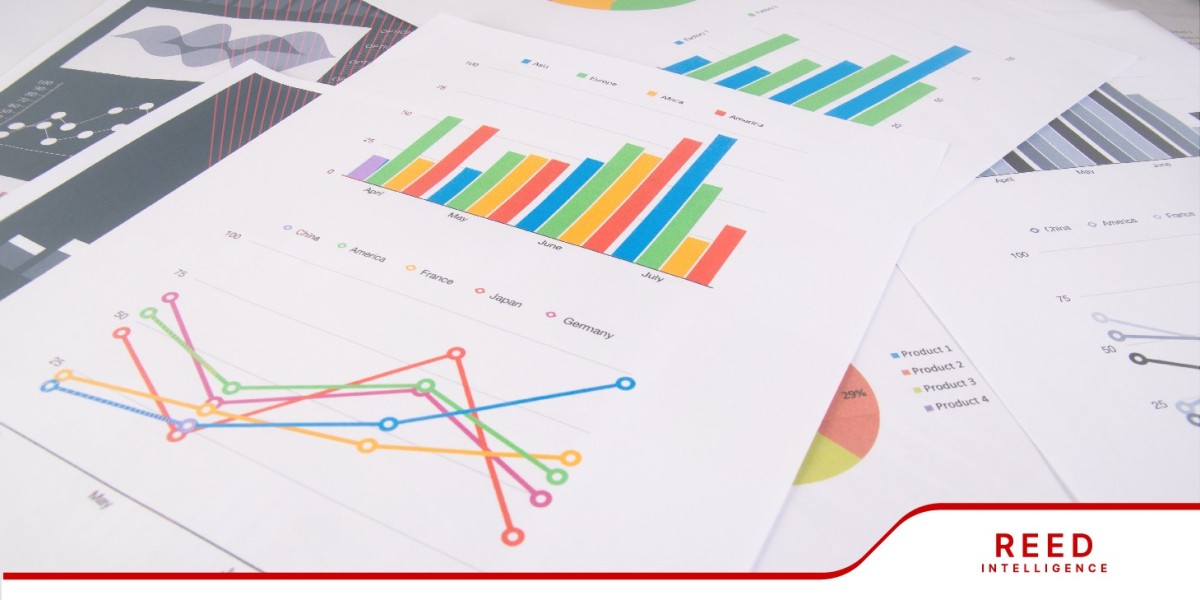Introduction
The a device now commonplace in our daily lives, has a fascinating history and has undergone significant evolution since its inception. From the early abacus to the advanced scientific calculators we use today, this tool has transformed how we approach mathematics, engineering, and everyday calculations.
A Brief History of the Calculator
The concept of a calculator dates back to ancient times with the invention of the abacus, a simple device used for basic arithmetic operations. The first mechanical calculator, designed by Blaise Pascal in the 17th century, was a groundbreaking invention that laid the foundation for modern calculating devices. This was followed by Gottfried Wilhelm Leibniz's Stepped Reckoner, which could perform multiplication and division.
The 19th century saw the advent of the first commercially successful mechanical calculators, such as the Arithmometer and the Comptometer. These machines were pivotal in the business world, aiding in accounting and complex financial calculations.
The Digital Revolution
The 20th century ushered in the era of electronic calculators, with the first fully electronic calculator, the ANITA Mk VII, introduced in 1961. This was a significant leap forward, as it used vacuum tubes and transistors, making calculations faster and more reliable.
The 1970s marked the beginning of the mass production of pocket calculators. Companies like Texas Instruments, Casio, and Hewlett-Packard introduced affordable, portable calculators, making them accessible to students, professionals, and households. The introduction of the microprocessor was a game-changer, allowing calculators to become smaller, more powerful, and cheaper.
Types of Calculators
Today, calculators come in various forms, each tailored to specific needs:
- Basic Calculators: Used for simple arithmetic operations, these calculators are commonly found in schools and homes.
- Scientific Calculators: Equipped with functions for trigonometry, logarithms, and exponentiation, these are essential tools for students and professionals in science and engineering fields.
- Graphing Calculators: Capable of plotting graphs and solving complex equations, these are widely used in advanced mathematics and engineering courses.
- Financial Calculators: Designed for business professionals, these calculators can perform functions related to interest rates, loan payments, and other financial calculations.
- Programmable Calculators: These calculators allow users to write and store programs, making them versatile tools for specialized tasks.
The Role of Calculators in Education
The use of calculators in education has been a topic of debate. While some argue that reliance on calculators can hinder the development of mental arithmetic skills, others believe that calculators allow students to focus on understanding concepts rather than getting bogged down by manual calculations.
In modern education, calculators are seen as essential tools that help students tackle more complex problems, especially in subjects like algebra, calculus, and physics. Many standardized tests now allow, or even require, the use of calculators, acknowledging their importance in today's academic environment.
The Future of Calculators
As technology continues to advance, calculators are becoming more sophisticated. Today's calculators are not just standalone devices; they are integrated into smartphones, tablets, and computers. Apps and online calculators offer functionalities that were unimaginable just a few decades ago.
The future of calculators lies in artificial intelligence and machine learning, which could lead to even more advanced tools capable of solving complex problems with minimal input from users. These developments will further blur the lines between calculators and computers, making them indispensable in both education and professional settings.
Conclusion
The has come a long way from its humble beginnings as a mechanical device. Its evolution reflects broader technological advancements and has had a profound impact on how we approach problem-solving in various fields. As calculators continue to evolve, their role in our lives will undoubtedly grow, shaping the way we learn, work, and int







